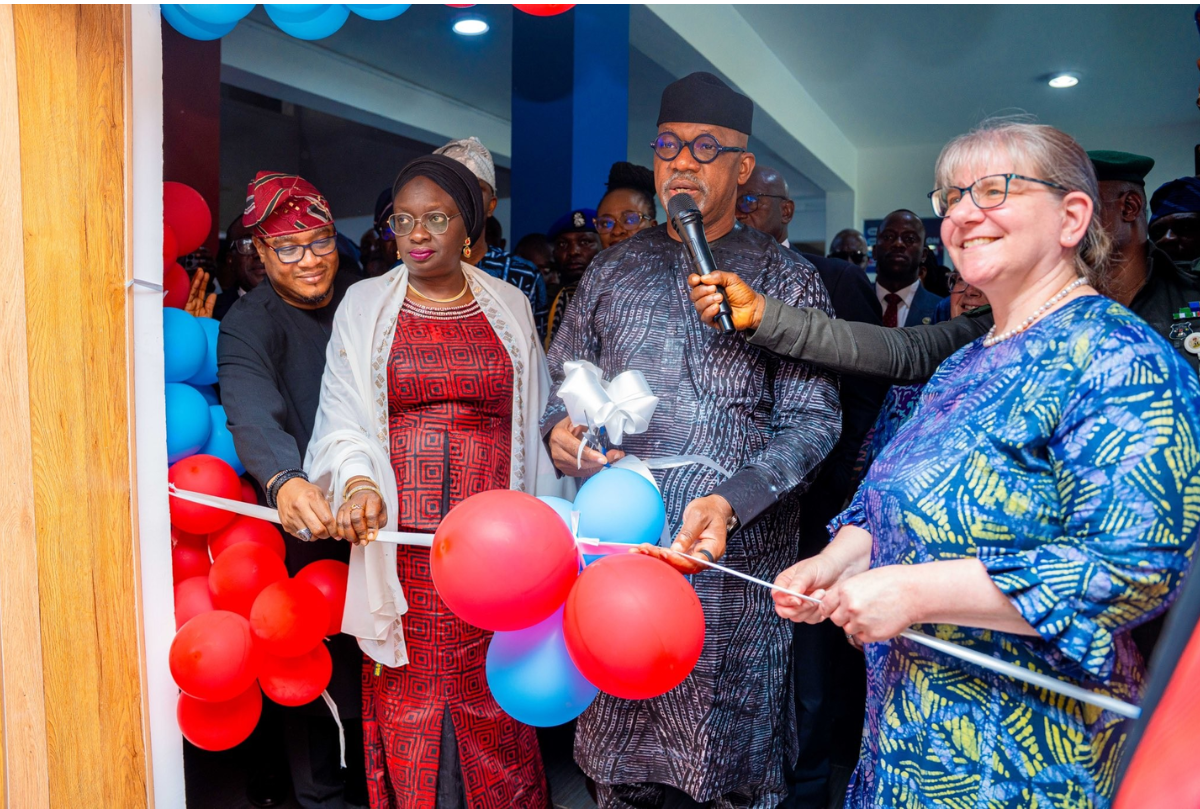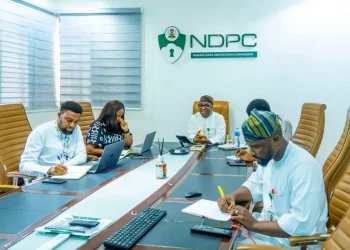Morocco takes a decisive step toward digital leadership with the launch of its first Graduate School of Engineering in Digital Transition and Artificial Intelligence. The country signed a tripartite agreement on July 4, 2025, as part of its broader Digital Morocco 2030 strategy.
Key Leaders Drive Morocco’s AI Education Initiative
Minister Amal El Fallah Seghrouchni, who leads Digital Transition and Administrative Reform, spearheaded the agreement. The AI expert holds a PhD in Computer Science from Pierre et Marie Curie University and previously served as Executive President of the International Center of Artificial Intelligence at Mohammed VI Polytechnic University.
André Azoulay, Advisor to His Majesty the King and President of the Foundation for Research, Development and Innovation in Science and Engineering (FRDISI), joined the signing ceremony. Minister Azzedine El Midaoui from Higher Education, Scientific Research and Innovation completed the tripartite partnership.
The signing took place during FRDISI’s Board of Directors meeting at the École Supérieure de Génie Biomédical et des Techniques de Santé SUPTECH in Mohammedia.
Morocco’s AI School Targets Real-World Applications
The new institution will focus on applied AI solutions and digital transformation methodologies. Students will receive advanced theoretical knowledge combined with practical training in emerging technologies. The curriculum emphasizes artificial intelligence applications across multiple sectors including healthcare, public services, industry, and education.
Engineers graduating from the program will design and deploy innovative digital solutions tailored to Morocco’s specific challenges. The school aligns academic programs with actual market needs and regional economic priorities.
Training programs will prepare students for the jobs of tomorrow while addressing current technological gaps in the country. The initiative supports Morocco’s goal of building digital sovereignty and reducing dependence on foreign technology solutions.
Digital Morocco 2030 Strategy Drives National Tech Goals
This AI engineering school forms part of Morocco’s broader Digital Morocco 2030 strategy, which received a massive $1.1 billion budget allocation. The ambitious plan seeks to train 100,000 young people annually by 2030 and create 240,000 digital sector jobs.
The strategy targets several key objectives:
- Digitizing 100% of public administrative services
- Establishing Morocco as a regional digital hub
- Supporting startup ecosystems and innovation centers
- Rolling out 5G infrastructure nationwide
- Promoting inclusive digital access
Morocco allocated MAD 11 billion for the 2024-2026 period alone, demonstrating serious commitment to digital transformation. The government plans to position the country as a magnet for tech startups and regional research and development centers.
FRDISI Foundation Enables Research and Innovation
As a public utility organization, FRDISI bridges research, training, and industrial development initiatives.
Under André Azoulay’s leadership, the foundation has expanded its partnerships with both public and private sectors. Recent agreements include collaborations in medical research, transport systems, and now AI education. FRDISI’s board meeting also approved the foundation’s financial and activity reports while planning the 2025-2026 operational cycle.
The foundation’s involvement ensures the AI school will maintain strong connections between academic research and practical industry applications. This approach helps graduates enter the workforce with relevant skills and knowledge.
National AI Forum Reinforces Morocco’s Tech Commitment
The AI school announcement follows Morocco’s first National AI Forum held in Salé, where nine agreements were signed with public and private partners. The forum emphasized building human capital and developing a national roadmap for ethical and responsible AI use.
Moroccan ministers called for AI integration across energy, education, and job creation sectors. Education Minister Mohamed Saad Berrada highlighted AI’s potential to enhance management of Morocco’s education system. The forum stressed the importance of balancing technological advancement with ethical considerations.
These developments demonstrate Morocco’s comprehensive approach to AI development, combining education, research, and practical applications across multiple sectors.
Morocco Builds Digital Skills Foundation
The AI engineering school complements existing digital education initiatives across Morocco. The government launched nationwide programs introducing students to digital literacy and AI, focusing on ethical use and equitable access.
CompTIA partnered with Morocco’s Ministry of Digital Transition to create a National Digital Career Pathway. This collaboration aims to boost digital skills and empower youth while driving innovation across the country.
Rural schools now receive digital classrooms through partnerships with organizations like Fondation Al Mada. These programs introduce students to coding, robotics, and basic AI concepts, creating a pipeline of digitally literate students for higher education.
Morocco’s AI School Addresses Skills Gap
The new engineering school responds to Morocco’s growing need for skilled AI professionals. Local tech companies struggle to find qualified engineers, while international firms increasingly look to Morocco for digital solutions.
The school will train engineers capable of creating AI applications for Morocco’s specific challenges. This includes developing solutions for agriculture, manufacturing, tourism, and government services. Graduates will help reduce Morocco’s reliance on imported technology solutions.
Industry partnerships will provide students with internship opportunities and real-world project experience. The school plans to collaborate with both Moroccan companies and international tech firms operating in the country.
Regional Leadership Through AI Education
Morocco’s AI school positions the country as a regional leader in technology education. The initiative attracts students from across Africa and the Middle East, creating a hub for AI expertise in the region.
The school’s success could inspire similar initiatives in neighboring countries. Morocco’s approach combines government support, academic excellence, and industry partnerships to create a sustainable model for AI education.
International recognition of Morocco’s AI capabilities continues to grow. The country hosts UNESCO’s first affiliated center for AI in Africa and participates in global AI governance discussions.















